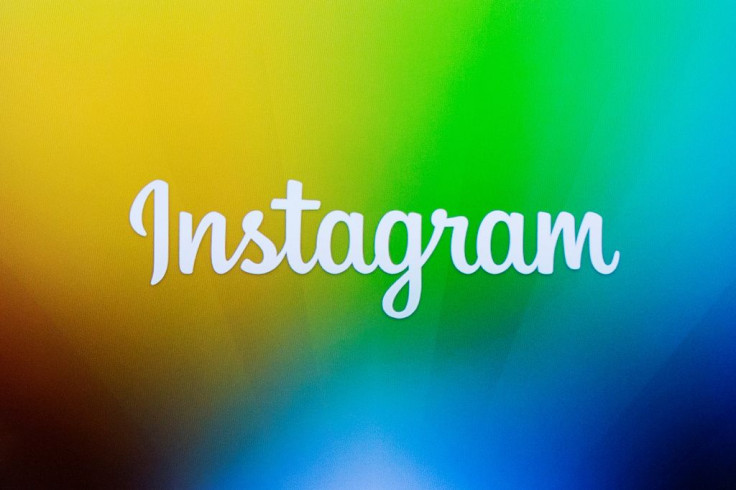Instagram Celebs Are Still Failing To Properly Label 93% Of Ad-Sponsored Posts

Marketing firm Mediakix has found recently that 93 percent of Instagram posts promoting a brand weren’t following the Federal Trade Commission’s (FTC) guidelines.
Back in April, the FTC warned celebrities on Instagram on how to properly advertise labels on the social media site. Posts containing paid promotions must include #ad or #sponsored. The hashtag must also be seen early in the post and must not be found at the end of a long caption. The required hashtags must also not be buried beneath other hashtags, and celebs or influencers can’t simply tag their sponsor/s.
Mediakix’s study on the matter shows that around 93 percent of ad-sponsored posts over a period of one month from Instagram’s 50 most-followed celebrities were not FTC compliant. The top 50 most-followed celebs on Instagram include the likes of Selena Gomez, Justin Bieber, Nicki Minaj and the Kardashians. Some of those in the top 50, like Beyoncé, Taylor Swift, Adele and Emma Watson, didn’t post any ads.
Mediakix looked through all the celebs’ Instagram posts over a four-week period in April 2017, and found a total of 152 ads. The marketing firm discovered that out of the 152 ads, only 9 were FTC compliant.
Artistic projects which don’t have to be disclosed as ads are exempted from FTC rules. This includes films and photoshoots that a celebrity has appeared in, or a new music album released by one of their friends. These are easily recognized by viewers, which is why the FTC believes that those kinds of Instagram posts aren’t really deceptive.
“In our study, we evaluated the Instagram accounts of the 50 most followed celebrities on Instagram for a period of 30 days. We classified all posts that tagged or mentioned a brand as sponsored, but excluded mentions of personal brands, non-profits, music, and movies,” Mediakix said in its report. “For example, a post wherein an actor displays a trailer of a movie that he stars in will not be counted. Using these criteria, we found that at least 6% of the 2,200+ posts we assessed could be deemed as sponsored.”
The biggest offenders on Instagram are fashion-related ads, according to The Verge. Mediakix discovered that 61 percent of the offending sponsored posts were related to the fashion industry. The problem here is that it’s difficult to actually discern if a post containing a fashion brand automatically counts as a sponsored post.
In a separate report by BuzzFeed’s Katie Natopoulos, she sorted the 152 Instagram posts compiled by Mediakix and sorted it out herself. She discovered that 49 percent of those were also failing to disclose a long-term sponsorship agreement, while 16 percent were failing to disclose “Big Freebies” (a gift from a brand costing at least $1,000) and 12 percent were failing to disclose “small freebies.” In Natopoloulos’s study, she found that 12 percent of the posts failed to label obvious pay-to-post add, while 11 percent of posts were “unclear” if they were really sponsored to begin with.
Overall, the two separate studies show that a lot of celebrities and influencers on Instagram are either confused by FTC’s guidelines or are simply ignoring them. Whatever the case, Instagram celebs should always be mindful of what and how they post, especially now that ads on Instagram are becoming harder to distinguish as time goes by.
© Copyright IBTimes 2025. All rights reserved.



















